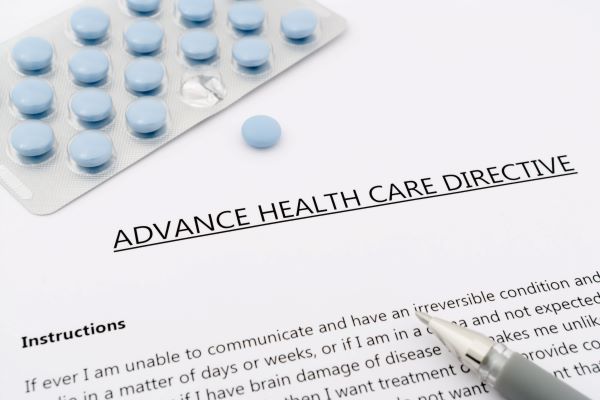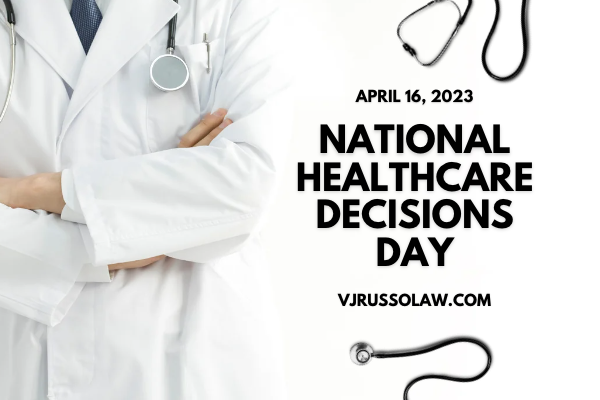As the year draws to a close, it brings with it a unique opportunity for…
Have you ever taken the time to really understand what is involved with organ donation?
We all have heard of a compelling story that makes us stop and consider the conversation. Little Abbie who saved 5 lives when she lost her battle with juvenile diabetes only 72 hours after being diagnosed with the disease. Michael, who has survived 2 kidney transplants and is currently on the waiting list for a third. Did you know that “[t]oday, about 10,000 New Yorkers are in need of an organ transplant. But only 25 percent of the state’s eligible population have registered to donate their organs, eyes, or tissue.” [i]
- Organs include heart, kidneys, pancreas, lungs, liver and intestines.
- Tissues are eyes/corneas, skin, heart valves, bone, blood vessels, nerve, cartilage and connective tissues.
- If you enrolled in the Registry through the NYS DMV, NYS of Health Online Insurance Marketplace, NYS Board of Elections Voter Registration Form, or IDNYC Municipal ID card, you are authorizing the donation of all organs and tissues above for the purposes of transplant and research. Following your registration, you will receive a letter or email providing information on how to change or limit your donation. [ii]
With a growing need for organ donors, why are people so reluctant to participate in this program? We have all heard the misconceptions that individuals will not join the list because the medical staff will only see them as viable organs and not a human being. Is that really the case? The reality of organ donation is that “[d]onation occurs after death. Your wish to be a donor does not impact your medical treatment.
- Medical staff, including the EMS, doctors, and nurses do not have access to the Registry.
- Hospitals and their emergency rooms do not have access to the Registry.
- The doctors who take care of you while you are alive are not the same doctors involved in the donation process.
- Registration status can only be seen or accessed by federally designated Organ Procurement Organizations and NYS licensed Eye and/or Tissue Banks to check if a person was enrolled in the Registry at the time of their death. [iii]
One of the other misconceptions that we hear is “I am too old to donate any organs.” “No one is too old to enroll in the New York State Donate Life registry.” [iv] If individuals have a better understanding of the guidelines, they may be more willing to participate in these programs.
Help save a life, one donor at a time.
We hope you found this blog helpful. Contact our office today at 1 (800) 680-1717 and schedule an appointment to discuss what makes sense for you and your loved ones.




Comments (0)